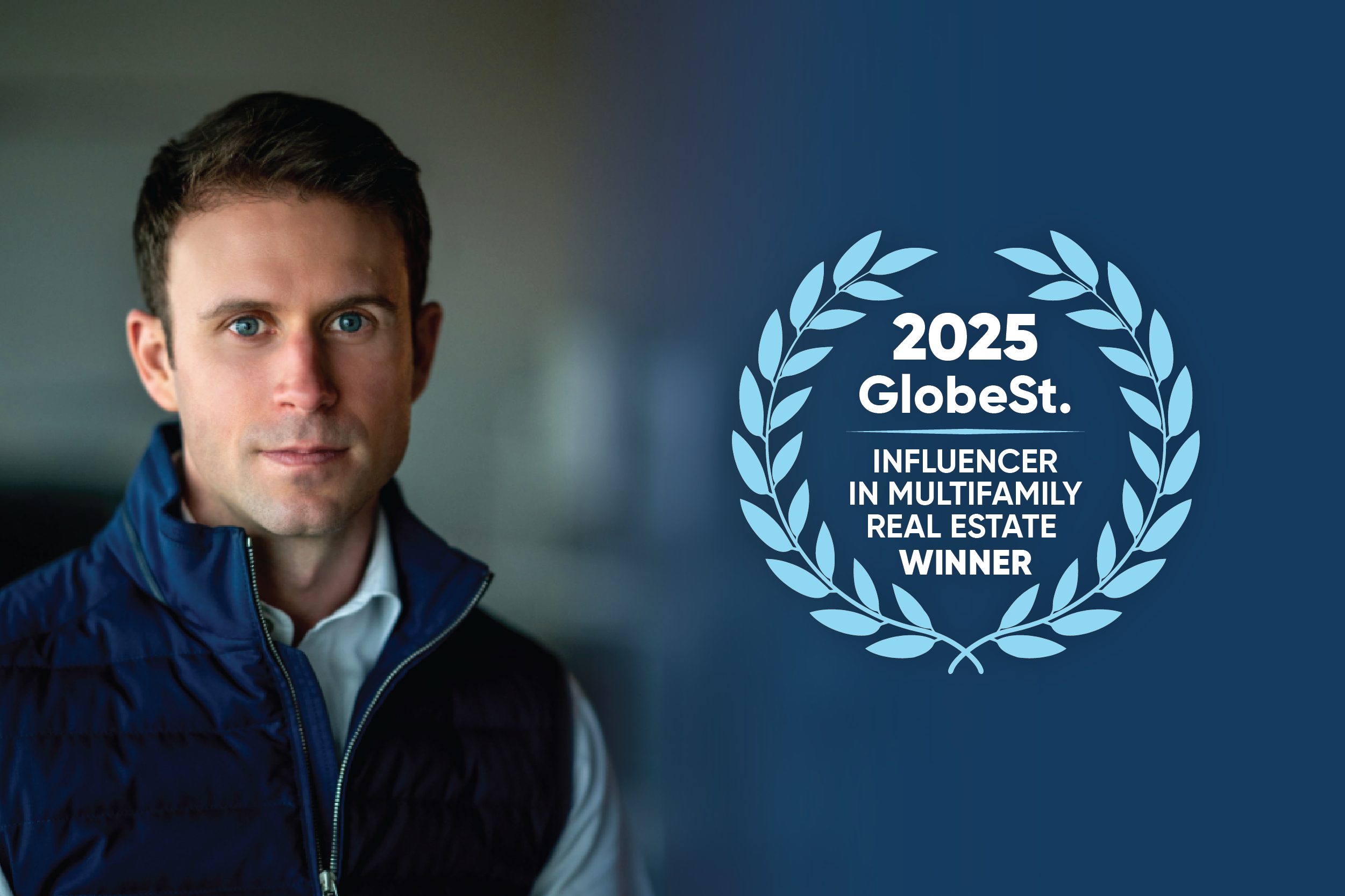Productivity is more than just checking items off a to-do list; it’s about aligning your actions with your goals to create meaningful impact.
Over the years, I’ve discovered that sustainable productivity comes from intentional habits—not quick fixes or trendy hacks. Here are five strategies that have reshaped how I approach work and life.
1. Define your non-negotiables.
The foundation of productivity lies in knowing what truly matters. For me, non-negotiables are the tasks or projects that have the potential to change the trajectory of my company over the next five to ten years.
I often take a moment to clarify these priorities. This isn’t about cramming more into the day but about making deliberate choices to focus on fewer, high-impact activities. By doing so, you can help ensure your energy and time are directed toward meaningful progress.
2. Determine when you’re most energized.
We all have natural rhythms that influence our energy levels. Recognizing and respecting these rhythms can transform how we work. For example, I’ve learned that my peak energy hours are in the morning, so I reserve that time for tasks requiring creativity, focus or strategic thinking.
On the other hand, afternoons are often better suited for me to focus on administrative work or meetings. By matching tasks to my energy levels, I maximize both efficiency and output, avoiding the frustration of pushing through low-energy periods on high-stakes work.
3. Be intentional about what you say yes to.
It’s easy to confuse busyness with productivity. Overcommitting can fill your schedule with activities that add little value while crowding out what truly matters.
Similar to how I define my non-negotiables, I’ve learned to be intentional about where I invest my time and energy, carefully evaluating each new request or opportunity against my broader goals. This practice can help you stay focused on high-impact activities without being derailed by unnecessary distractions.
I understand how saying no isn’t always easy, but it’s essential to maintaining clarity and forward momentum.
4. Start the day with a five-minute journal.
Perspective is a powerful tool. Each morning, I write in a journal to center myself and set the tone for the day. I find the practice simple but impactful. I always include:
• What I’m grateful for. This shifts my mindset toward positivity and abundance.
• What will make today great. This question helps me approach the day with clear intentions and enthusiasm.
• A daily affirmation. These words reinforce my confidence and focus on the qualities I want to embody.
At the end of the day, I revisit the journal to reflect on what went well and where I could improve. This habit has taught me to celebrate small wins while staying committed to longer-term personal growth.
It’s not just a productivity tool—it’s a framework for cultivating gratitude and self-awareness.
5. Identify not just what but also when.
The difference between a productive day and a chaotic one often comes down to planning. While to-do lists are helpful, they’re incomplete without a schedule.
I’ve found that placing tasks directly on my calendar, complete with time blocks, adds a helpful layer of accountability and structure. It turns abstract intentions into concrete actions.
Overall, knowing exactly when you'll tackle each task helps eliminate decision fatigue and ensures that your priorities don’t get lost in the shuffle.
Bring it all together.
These habits aren’t about perfection; they’re about progress. Defining non-negotiables keeps me grounded in what matters. Aligning tasks with my energy levels ensures I’m working smarter—not just harder. Saying no to low-value tasks creates the space I need to focus. Starting the day with the five-minute journaling session fosters clarity and gratitude while scheduling tasks ensures they actually get done.
The real secret to productivity is consistency. It’s the small, deliberate choices we make every day that add up to significant change. These five habits have not only made me more productive but also helped me create a life that feels balanced and purposeful.
Whether you’re looking to streamline your workflow or refocus your priorities, these practices can help you make the most of your time and energy.




